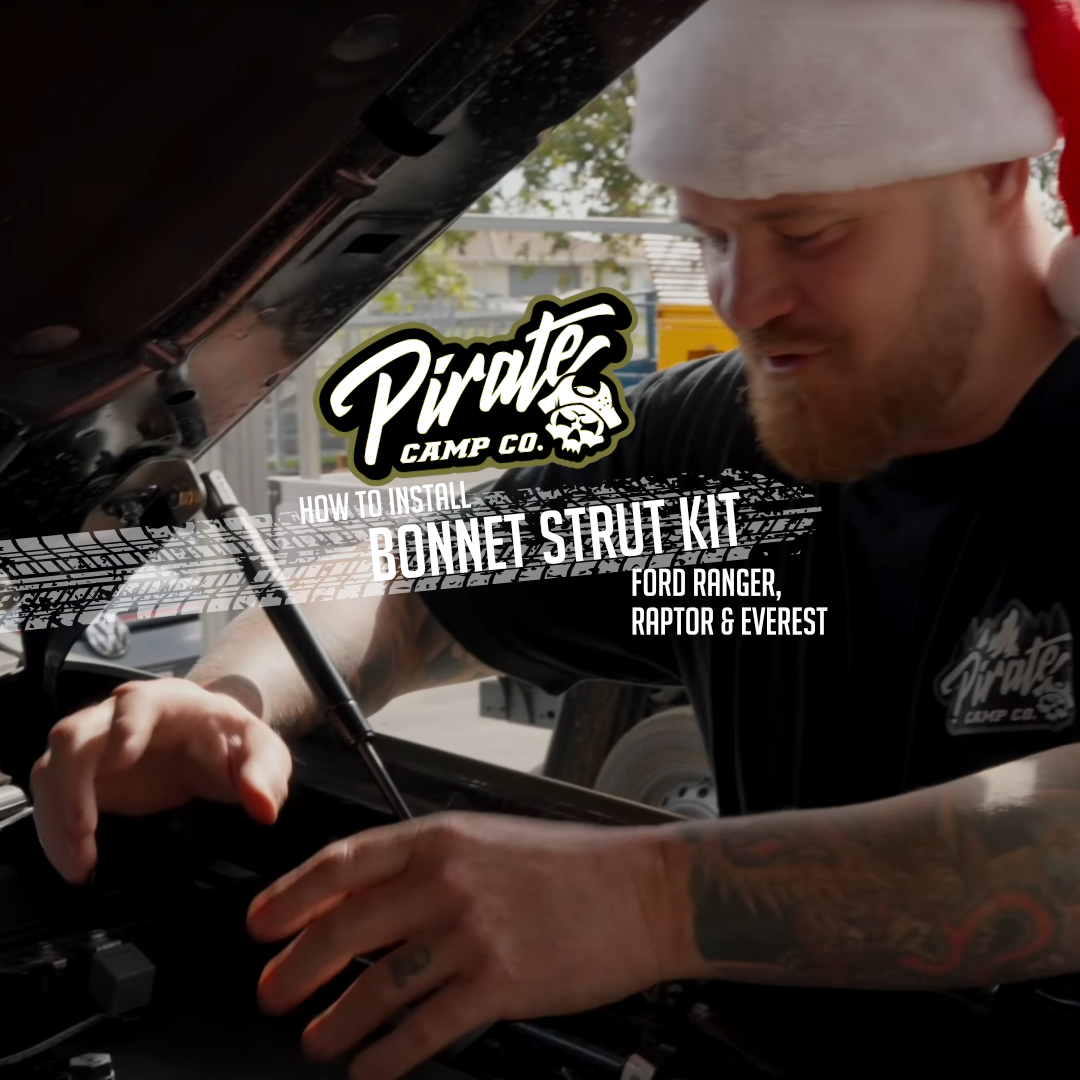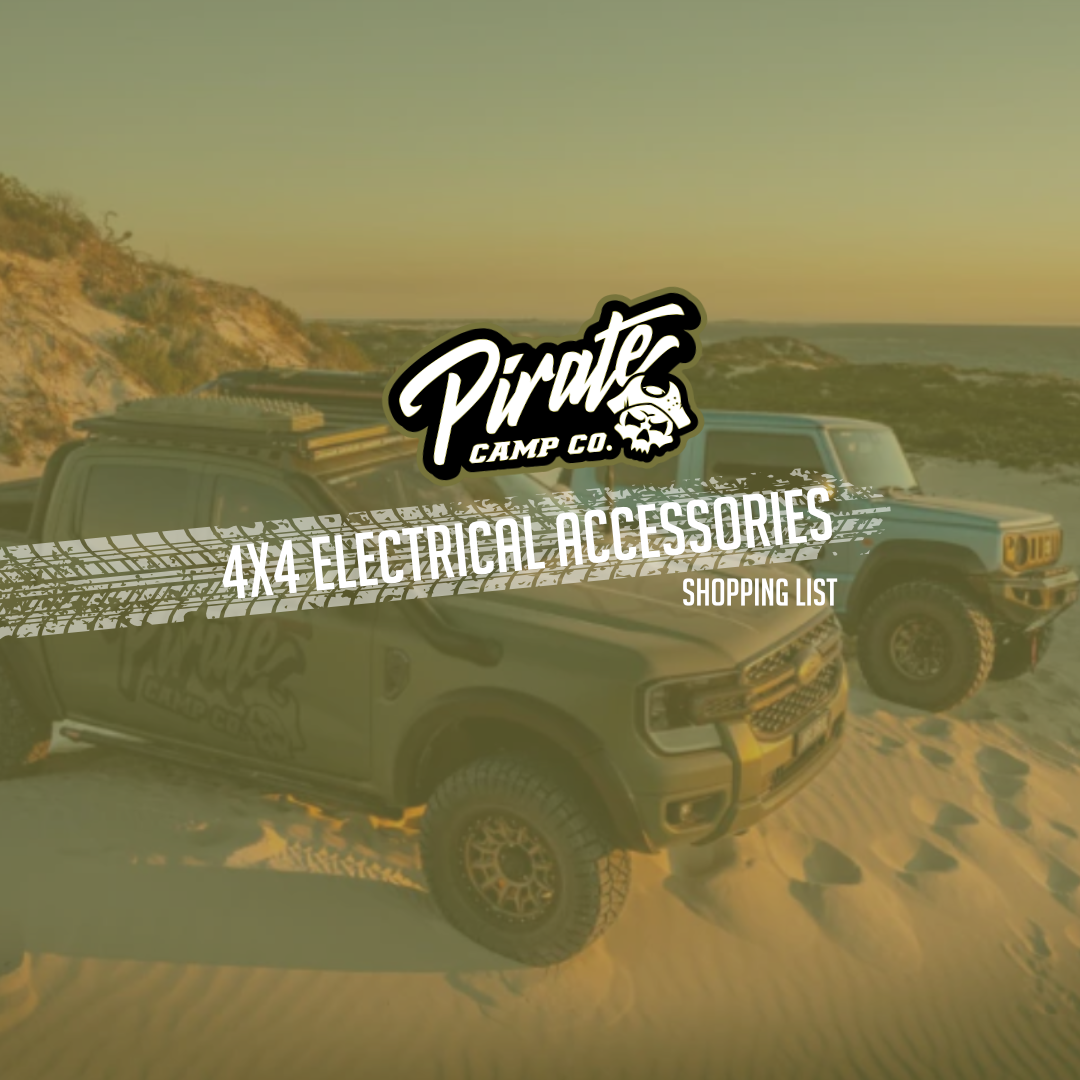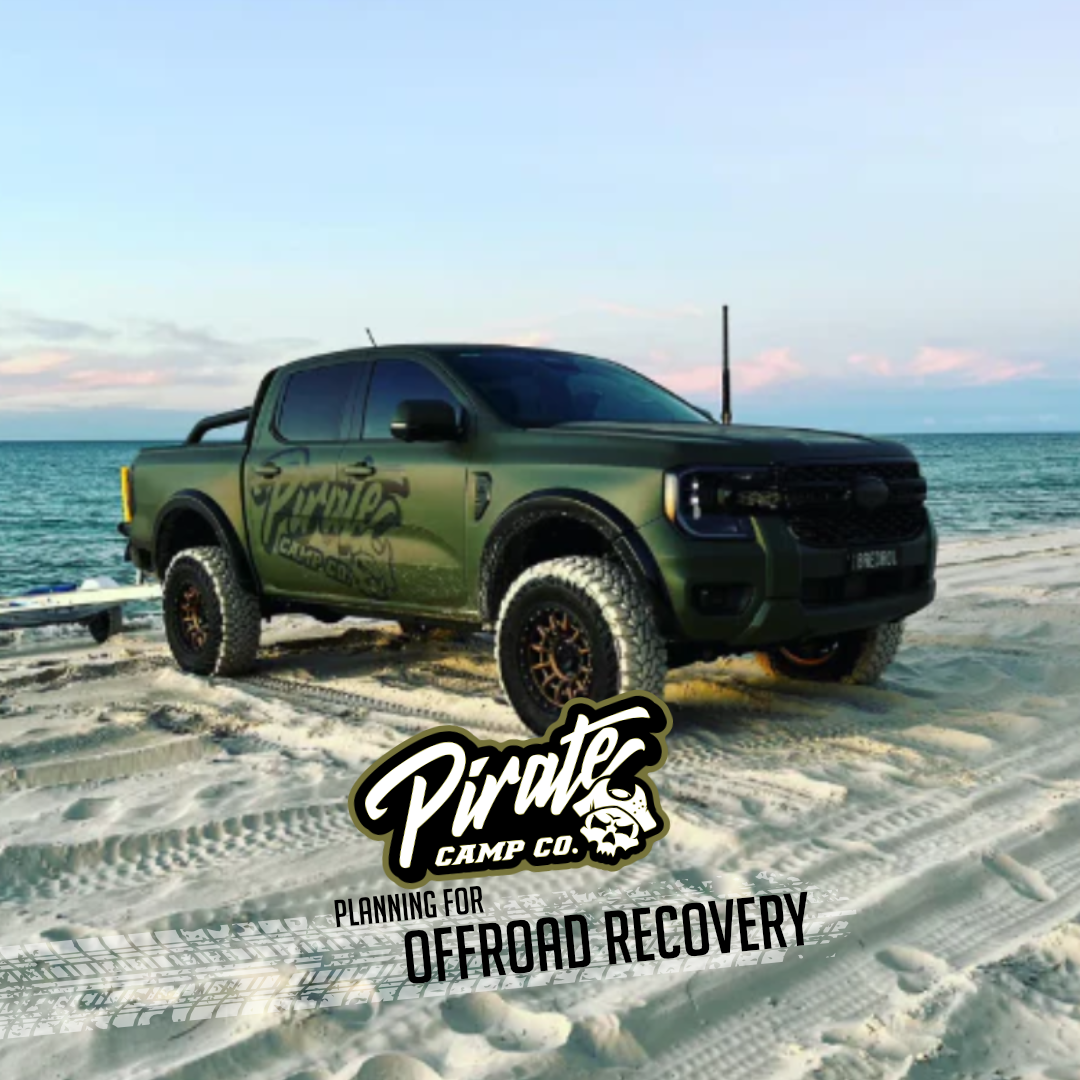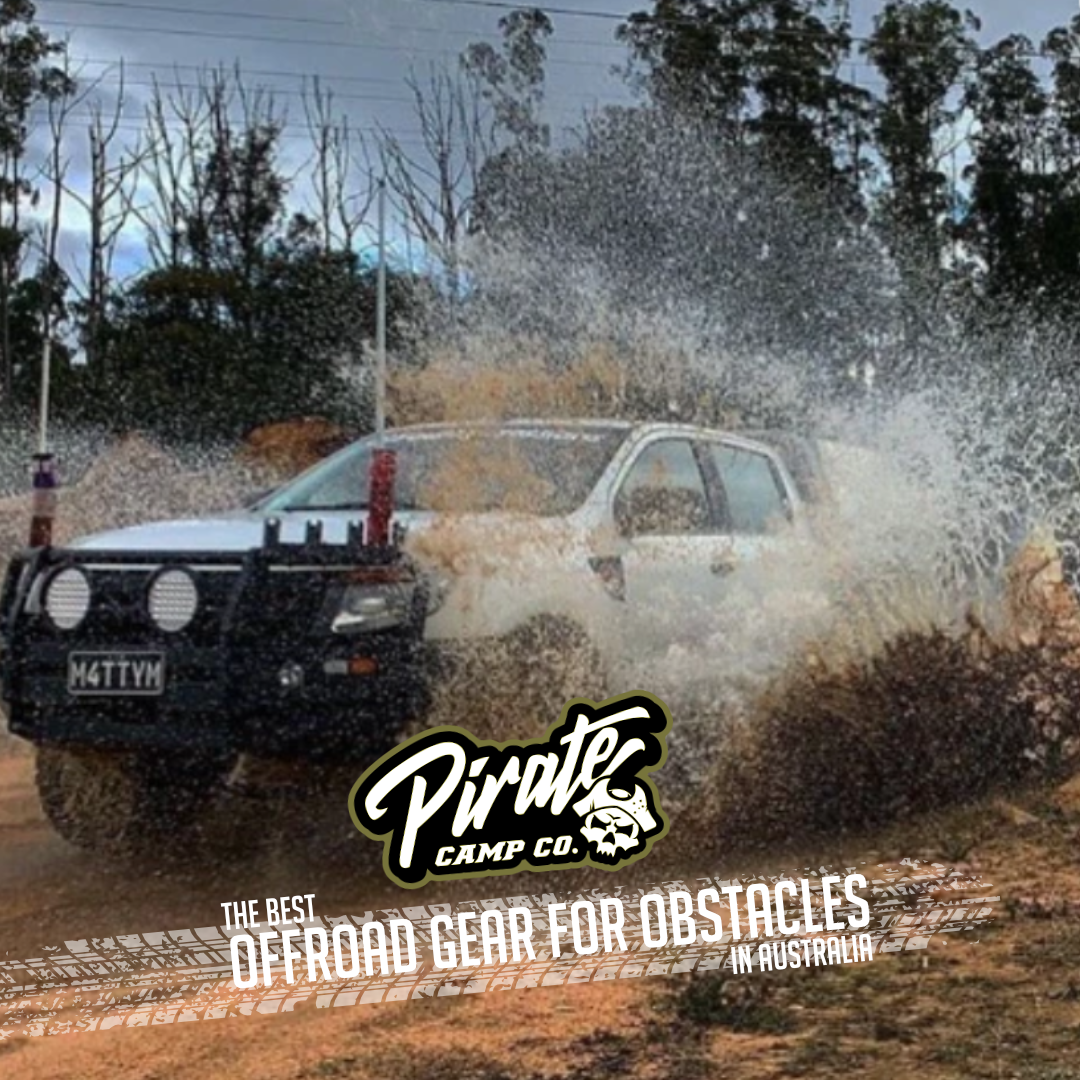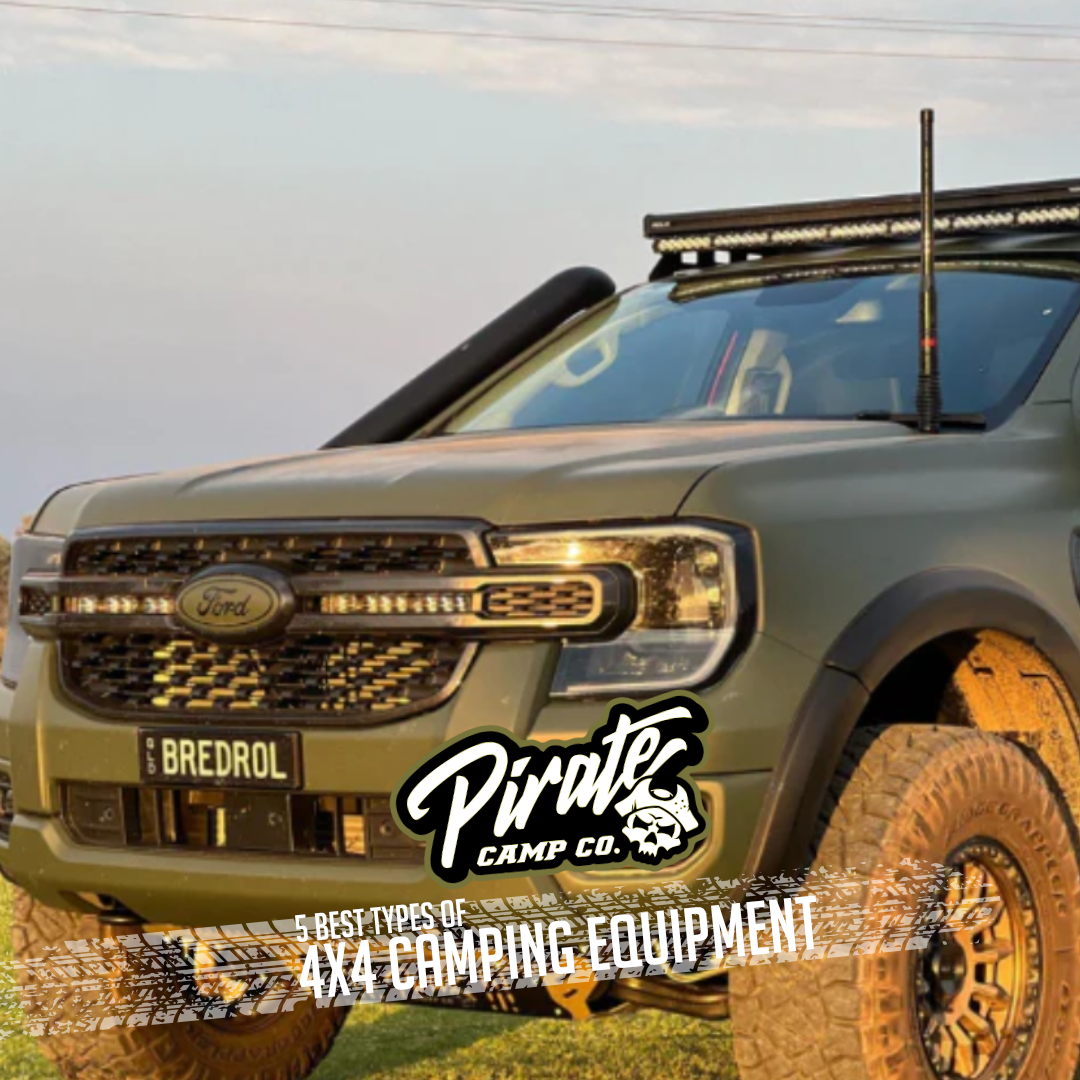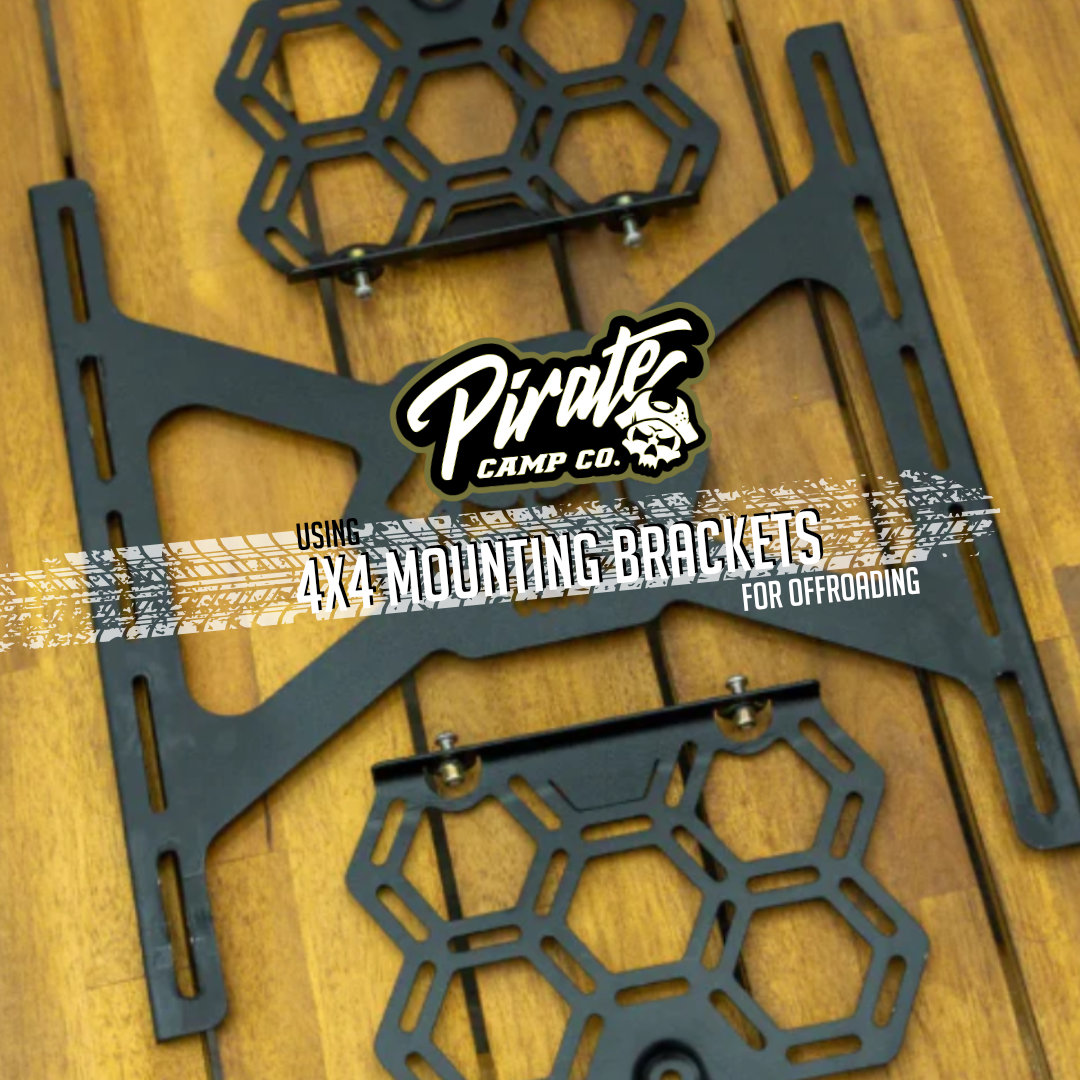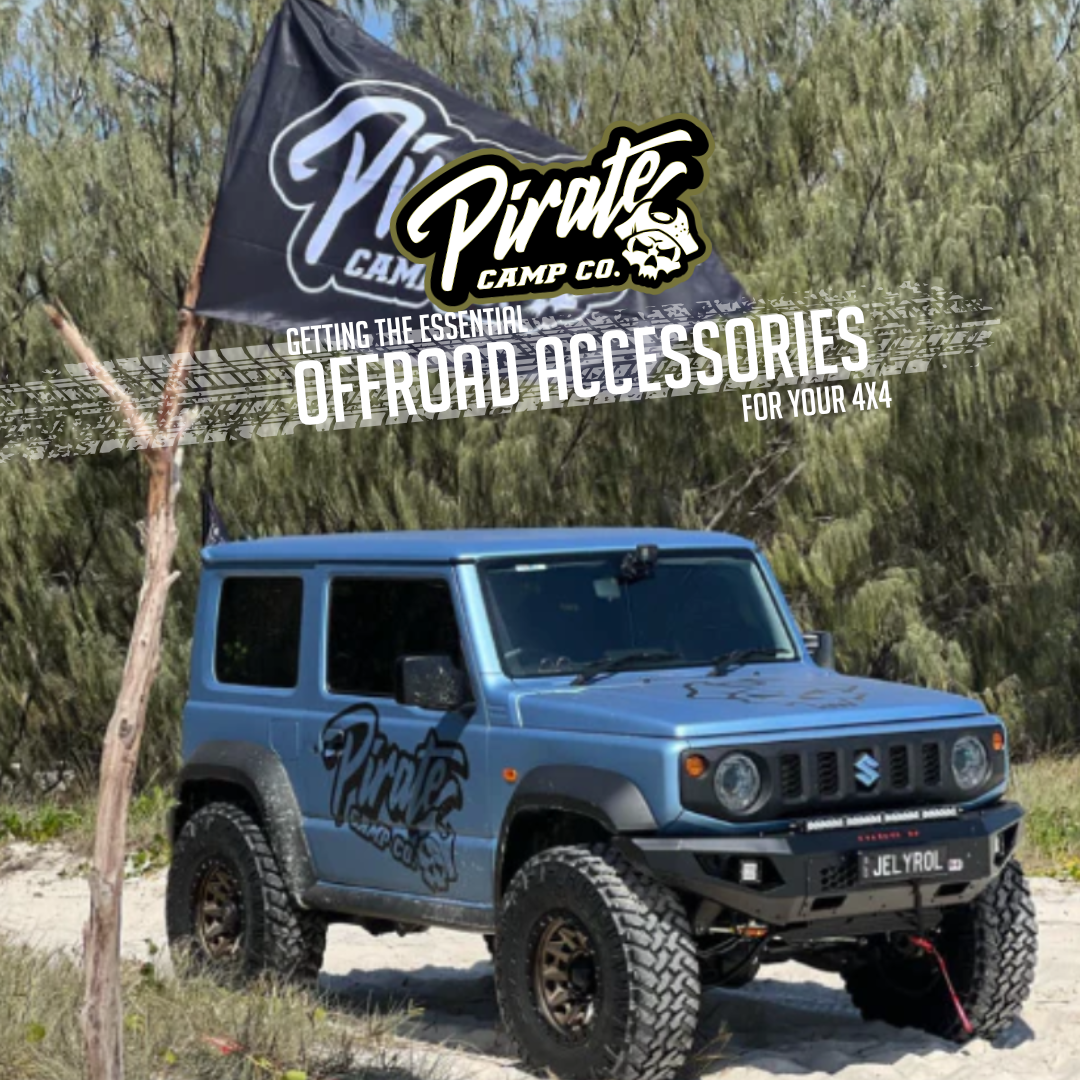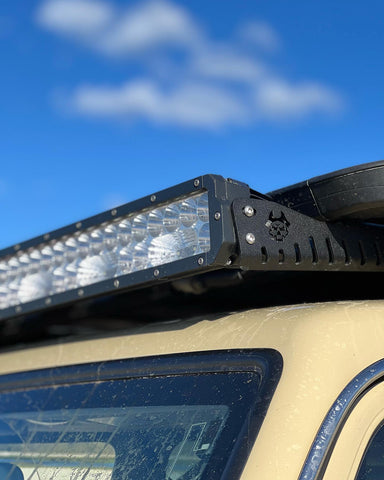
Getting the Essential Offroad Accessories for Your 4x4
Offroading in Australia can be an exhilarating adventure, but it also requires careful preparation. The right gear can ensure both your safety and the protection of the environment. But shopping for gear can be overwhelming with the wide range of options available.
So this post lists the essential offroad accessories you should consider for your 4x4 adventure, and since you can’t get it all at once, we offer some factors you can weigh that help you narrow down your choices.
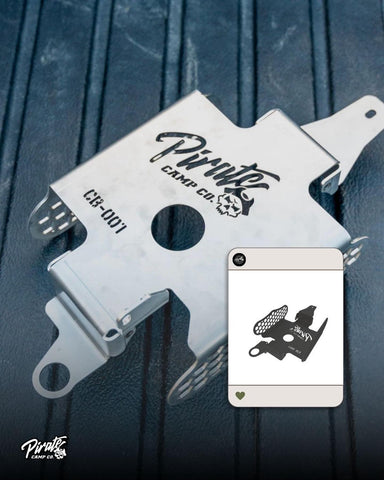
Essential 4x4 Offroad Accessories
What accessories you need for your 4x4 depends on the specific terrain and challenges you plan to tackle. However, some accessories can enhance your 4x4's capabilities and safety in various Australian conditions.
Although some are common sense regardless of where you plan to adventure, some offroad accessories are specifically designed for your 4x4 and allow you to tackle the terrain with confidence. Still others from blankets to radios keep you safe, warm, and connected. To make shopping simple, we list the various items you want to consider by categorizing them in the following sections.
Recovery Gear
- Snatch strap: Used to recover stuck vehicles by providing kinetic energy during a pull
- Recovery tracks: Help your vehicle gain traction on sandy, muddy, or rocky terrain
- Shovel: Handy for digging out wheels stuck in mud or sand
- Winch: Useful for self-recovery and assisting others in difficult situations
- D-rings or shackles: Secure attachment points for recovery straps and winch cables
Communication Devices
- UHF radio: A UHF radio allows communication with other offroaders in your group, and it's useful in emergencies when there is no mobile phone coverage.
- Satellite phone: In remote areas with no mobile signal, a satellite phone can be a lifeline for emergency communication.
Navigation Tools
- GPS: A reliable GPS system helps you stay on track and find your way in unfamiliar terrain.
- Paper maps: Always carry paper maps as a backup in case your GPS malfunctions.
Emergency Supplies
- First-aid kit: A well-stocked first-aid kit is essential for any offroading trip.
- Fire extinguisher: Have a fire extinguisher rated for vehicle fires on hand.
- Emergency blankets: Having blankets provides warmth in case of cold weather or emergencies.
- Emergency food and water: Carry extra supplies in case you get stranded.
Vehicle Essentials
- Spare tire and tools: Ensure you have a fully functional spare tire and the necessary tools to change it.
- Air compressor: You can use an air compressor to adjust tire pressure to suit different terrains
- Extra fuel: In remote areas, it's crucial to carry extra fuel in secure containers.
- Basic tool kit: Include essential tools for minor repairs.
Protection for Your Vehicle
- Bull bar: Provides protection for the front of your vehicle from collisions with wildlife and debris.
- Underbody protection: Help protect the undercarriage of your vehicle from damage.
- Rock sliders: Guard against damage to the vehicle's side panels.
Camping Gear
- Tent or swag: Depending on your preference for shelter
- Sleeping bag and mat: For a comfortable night's sleep
- Cooking equipment: Portable stove, cookware, and utensils
- Lighting: Headlamps or portable LED lights for night activities
Considerations When Buying Offroading Accessories
Of course, you want it all, but before adding accessories to your 4x4, you should weigh several factors to ensure that the modifications are appropriate for your vehicle, intended use, and comply with local regulations.
Here are the key factors to consider:
- Vehicle compatibility: Make sure the accessories you plan to add are compatible with your specific make and model of 4x4. Some accessories are made to attach to existing areas on specific makes and models for ease of installation, plus not all accessories are suitable for every vehicle, so check for compatibility before making any purchases.
- Offroad requirements: Identify the specific offroading challenges you'll be facing in Australia. Different terrains require different accessories. For example, if you'll be tackling sandy desert tracks, you might need different equipment compared to rocky or muddy terrain.
- Quality and reliability: Invest in high-quality accessories. Offroading can be demanding on equipment, and you want accessories that can withstand the rugged conditions and perform reliably.
- Safety considerations: Ensure that the accessories you add do not compromise the safety of your vehicle or passengers. Some modifications may affect the vehicle's handling, stability, or crash safety, so it's crucial to assess the impact of each accessory.
- Legal compliance: Familiarize yourself with the regulations regarding vehicle modifications in Australia. Some modifications may require approval or certification, while others might be illegal for on-road use.
- Weight considerations: Take into account the additional weight of the accessories and how they might affect your vehicle's load-carrying capacity, braking performance, and fuel efficiency.
- Budget: Set a budget for your modifications and prioritize the most essential accessories based on your offroading needs.
- Installation: Consider whether you have the necessary skills and tools to install the accessories yourself or if professional installation is required.
- Functionality: Assess the practicality and functionality of the accessories for your offroading adventures. Consider how each accessory will improve your experience and cater to your specific needs. Deciding which accessories are absolute needs upfront and which ones are just accessories you’d like to have can help you prioritize what you need to buy now and what you decide to buy later.
- Aesthetics: While aesthetics may not be the primary concern, it's still worth considering how the accessories will look on your 4x4. Some modifications can drastically change the appearance of your vehicle.
By carefully considering these factors before adding accessories to your vehicle, you can make informed decisions that enhance your offroading experience while ensuring safety, compliance, and practicality.
Staying Safe and Secure
While not an offroading essential you need to buy, staying safe and secure ensures you have a great adventure. Not only do you need to keep yourself and whomever is traveling with you safe, but part of offroading is enjoying the environment, so making considerations for the environment is important as well.
To keep you and the environment in tip-top condition, use the following tips:
- Pack It in pack it out. Leave no trace of your visit by taking all your rubbish with you.
- Stay on designated tracks. Stick to designated trails and avoid damaging sensitive habitats.
- Respect wildlife. Observe animals from a distance and do not feed them.
- Know your limits. Be aware of your driving skills and the capabilities of your vehicle. Avoid attempting obstacles beyond your comfort level.
- Travel in a group. Whenever possible, offroad with other vehicles, as it can enhance safety and provide assistance if needed.
Remember to check weather conditions, track closures, and obtain any necessary permits before embarking on your offroading adventure in Australia.
So consider what offroad accessories you need and be sure to have them installed properly before heading out. Proper preparation and adherence to safety guidelines will ensure a memorable and safe offroading experience.






